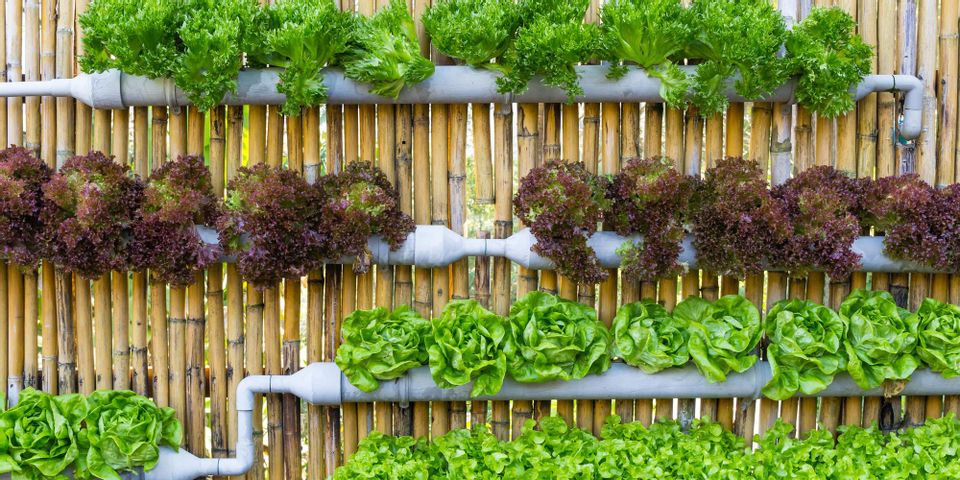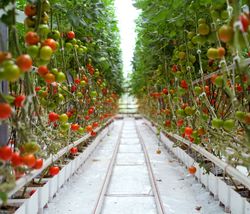
History has proven that necessity really is the mother of invention. In the agricultural industry, advancements like vertical farming continue to solve issues of profitability and efficiency. If you’re interested in learning more about this modern technique, use the following guide to explore its roots.
The Origins of Vertical Farming
Agricultural Obstacles
Originally, farming was based on location—certain plants grew well in certain climates and altitudes, and could only be found there. As imperialism and colonization took hold, people became acquainted with plants and dishes from all over the world and longed to grow those ingredients close to home.
Greenhouses & Other Modifications
To do so, farmers needed to recreate the plant’s natural habitat. One of the most prominent advancements in this endeavor was the use of greenhouses around the beginning of the 20th century, which could trap heat while still letting in sunlight. However, since greenhouses couldn’t reasonably be constructed as large as crop fields, farmers needed a way to conserve space.
 By stacking planters on top of one another, they could fit an exponentially higher number of plants into a small area. An indoor space also reduced the risk of insects and other animals feeding on the crops.
By stacking planters on top of one another, they could fit an exponentially higher number of plants into a small area. An indoor space also reduced the risk of insects and other animals feeding on the crops.
Even outside of greenhouses, vertical farming was used to increase yields and bottom lines throughout the agricultural industry. Plus, vertical planters allowed for more efficient irrigation, as water that drained from the top-most plants could trickle down and hydrate the lower rows.
Vertical Farming Today
These days, vertical farming continues to increase in popularity, thanks to its space-efficient nature. With the global population consistently increasing, producers are turning to this technique to condense their operations.
The smaller footprint also comes in handy in urban planning, when offices or apartment buildings desire green spaces to enhance the atmosphere or increase morale. People are also using this technique in their private residences, turning cramped balconies, roofs, or patios into lush, vibrant gardens.
If you’re interested in vertical farming practices, reach out to Horticulture Tech LLC of Brighton, MI, for more information. This research-based company is proud to provide farming solutions to clients throughout the Midwest. They have over three decades of experience and have come up with over 200 crop variety recipes. To learn more about their innovative offerings, visit the website. You can also call (810) 522-2794 to speak with a staff member today.
About the Business
Have a question? Ask the experts!
Send your question

